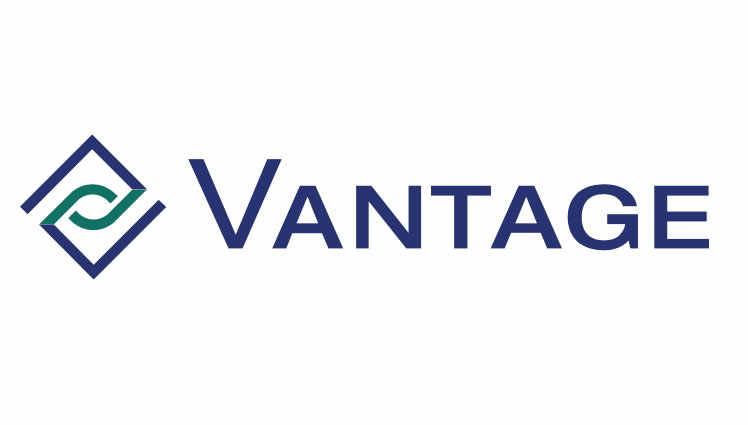Vantage uses AdVantage collateralized insurer for close to $1bn raise for 1/1

Vantage Risk, the Bermuda headquartered insurance and reinsurance company, has put together close to $1 billion of capital for deployment into property catastrophe reinsurance opportunities around the 1/1 2023 renewals, using its AdVantage collateralized insurer class of company.
We’re told Vantage Risk has leveraged the AdVantage Retro I Ltd. vehicle for this capital raise as it can be market-facing and so transact directly, on a collateralized basis, with reinsurance cedents.
It’s understood that Vantage has provided some of the funding itself, to ensure alignment, and our sources say the overall amount of capital raised is close to the $1 billion mark.
News of Vantage’s capital raise broke earlier this week in the trade press. Market sources have confirmed this to us and said that they understand the AdVantage Retro I Ltd. cell has close to the $1 billion mark, in terms of collateralized capacity to offer, with the January renewals the main deployment target.
We’re told that if Vantage cannot find the opportunities it wants to underwrite at 1/1, it will be able to deploy this added firepower through the start of the year as well.
Given how the renewal season is panning out, there is every chance some cedents seek out capacity to cover holes in their programs or shortfalls, so there could be attractive opportunities through the early months of the year and then the Japanese renewals at 1/4 could also provide a chance to deploy any capacity remaining, we expect.
According to our sources, Vantage aims to continue pursuing its strategy to become a diversified balance-sheet player.
But, the opportunity presented by the hardening catastrophe reinsurance market, has encouraged it to raise this pool of capital as a way to be more meaningful in its writings of that class of business, while generating returns for itself and the investors backing the new capital raise.
AdVantage Retro I Ltd. will face cedents directly, so this isn’t a sidecar or a case of Vantage looking to deploy capital alongside its own.
Instead, Vantage has contributed what’s said to be a meaningful part of the approaching $1 billion of capital, to demonstrate its alignment with the third-party investors.
Vantage set up the AdVantage Retro I Ltd. in December 2020 and it was the first ILS or third-party reinsurance capital initiative from the company.
As the name suggests, we understand it had a retrocession focus originally, but being a collateralized insurer class of company it can be used for multiple use-cases and so we see Vantage making the most of this flexibility in 2022.
Vantage will produce, underwrite and service the business that AdVantage Retro I allocates capital to, we understand, so is presumably set to earn fees on this new capital pool that it has to deploy, while also being a co-investor and benefiting from returns across the pool as a result.
Sources said this is committed capital, already being put to work in renewal business, with Vantage’s ability to raise this seen as a testament to the team it has assembled and its high-profile leadership.
This move by Vantage shows the importance of the collateralized product, as a vehicle for swiftly raising new funds to support expansion and to take advantage of opportunities that emerge at different stages of the reinsurance market cycle.
It’s a flexible and efficient way for Vantage to expand its underwriting business into property catastrophe lines, at a time when rates are nearing highs and it can earn fee related income as well.
Rather than diverting its own balance-sheet capital to this opportunity, the underwriter can leverage capital market investor appetite to help it increase its relevance at this renewal.
Read our interview from earlier this year with Chris McKeown, Chief Executive, Reinsurance, ILS, and Innovation at Vantage, who discussed ways the company has been working to mitigate some of the challenges investors have faced with traditional ILS products.








